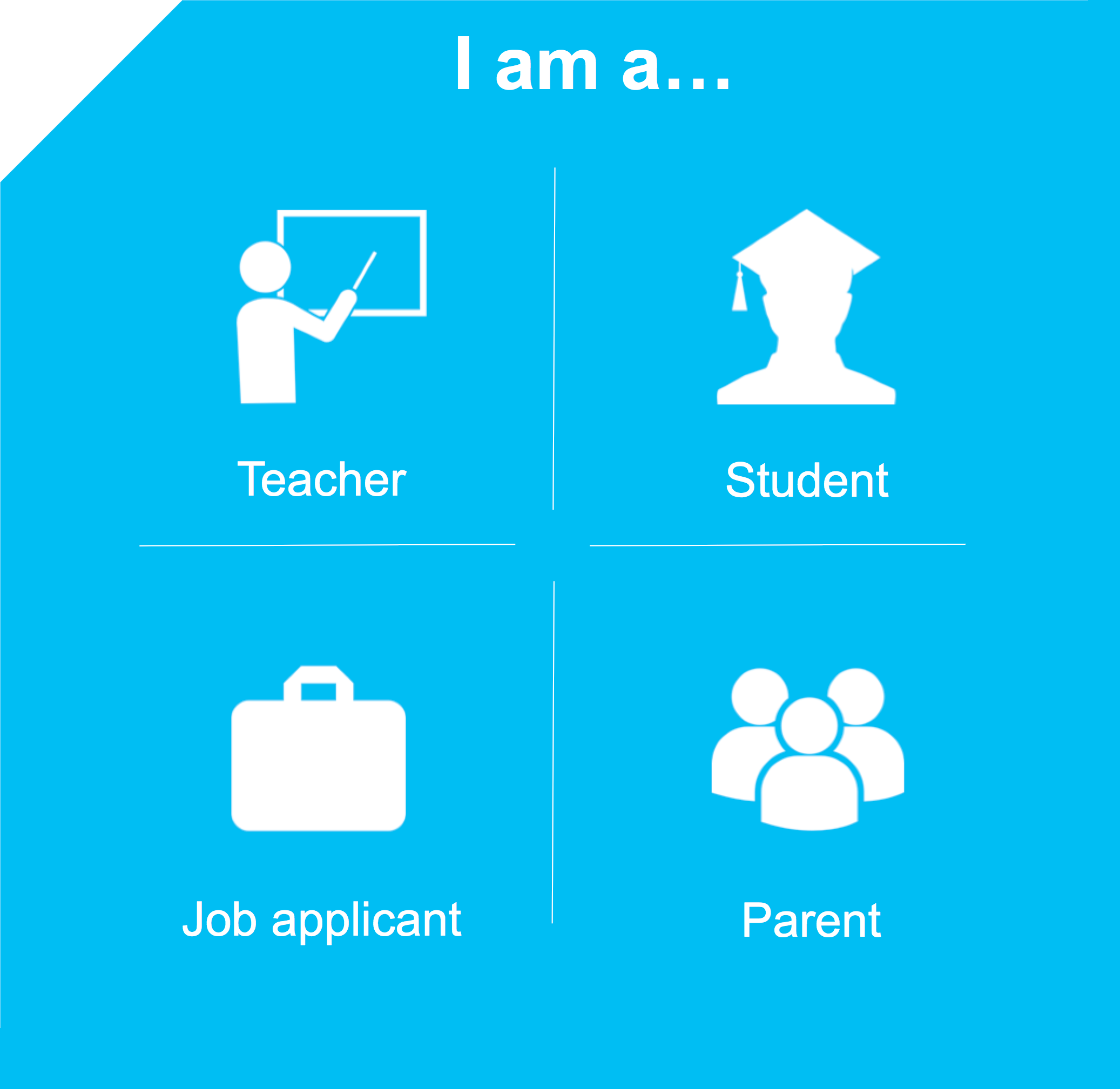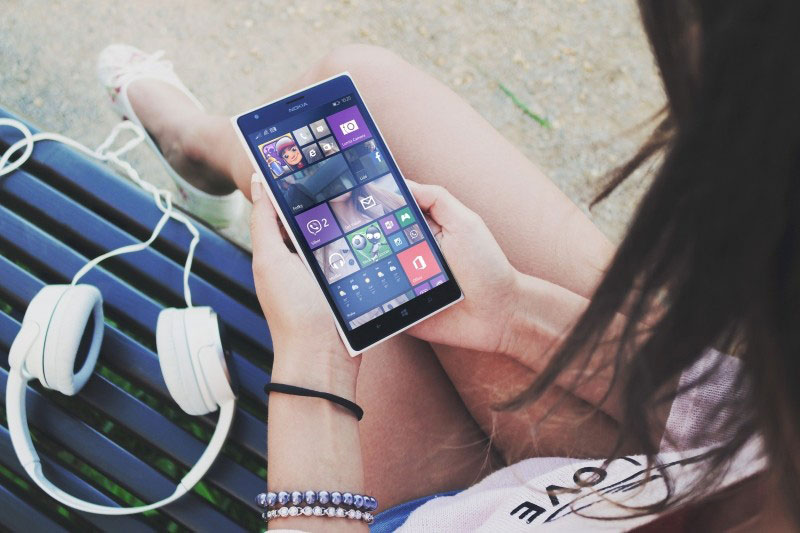Minimising distractions can have a big impact on your child’s ability to concentrate. So here are some tips to ensure that you have optimized their environment for studying.
1. No working at the kitchen table
Although it might seem like a social thing to do when your child works in a communal area, ambient noise, conversations and visual distractions are particularly prevalent in common areas of the house. Always encourage your son or daughter to study in a secluded, quiet environment where these distractions are minimal. This should only be for about 45 minutes at a time. In between study blocks, it’s a good idea for them to come out and socialise for a break.
2. Studying with music is OK – but not always
A very common question we receive is “can my son or daughter study with music on?” – To which the answer is, unfortunately, a resounding “maybe”. There is a lot of research into the role music plays in aiding or hindering our concentration. It is generally accepted that some forms of music, such as Baroque music (music composed in the 1600s – think Bach, Handel’s Messiah etc.) can be relaxing and improve concentration. This is thought to be because the music is so constant in its intensity (it doesn’t often change in volume or speed) that we quickly stop thinking about it, but it continues to block out distracting background noises. Dance and rock music, on the other hand, tends to be the complete opposite, which is why it doesn’t often help us concentrate. A happy medium is a new series of study ‘soundscapes’, which are scientifically engineered 45-minute loops of pleasant ambient sound which are designed to be non-intrusive, but block out background noise. Look for an iPhone app called ‘Study’ – I can personally attest that it is very effective at calming the nerves and blocking out background noise. You can also use noisli.com, which has useful white noise backgrounds. In fact, for a list of really helpful study apps, head to our article on the top 18 apps a student shouldn’t live without.
3. It’s not OK to study with the TV on
It’s common to see students memorising notes while also watching their favourite TV show as they think they’re killing two birds with one stone. Were it so easy. Unfortunately, the TV is just about the most distracting object in the house when it comes to study, and as a result it is recommended that for the time your student is studying, the TV be completely switched off.
4. Students should study when they work best
It’s a fact that adolescents have sleep patterns which vary considerably from adults – younger people tend to only fully ‘wake up’ around 10 or 11am, and reach a peak of concentration in the afternoon. As a result, most students find it easier to concentrate after lunch. When students study, we want them working at their peak of concentration – which is why I always encourage students to get study done after school, or after dinner. Every student is different though, and you may want to have a discussion with your child about when they are able to concentrate best. When they are making their study timetables, suggest they put the study into time blocks during the day when they are more likely to be concentrating fully.
5. Keep the work space clear
When a student is studying a topic they don't find particularly interesting, nearly every visual cue will prove distracting. That paperweight on the desk which has gone unnoticed for years will all of a sudden spur a whole range of amazing memories which will replace the practice questions open on the desk. In a nutshell, the desk or workstation of your son or daughter should be clear – no pictures of boyfriends or girlfriends, no books from other subjects – just the work that needs to be done.






